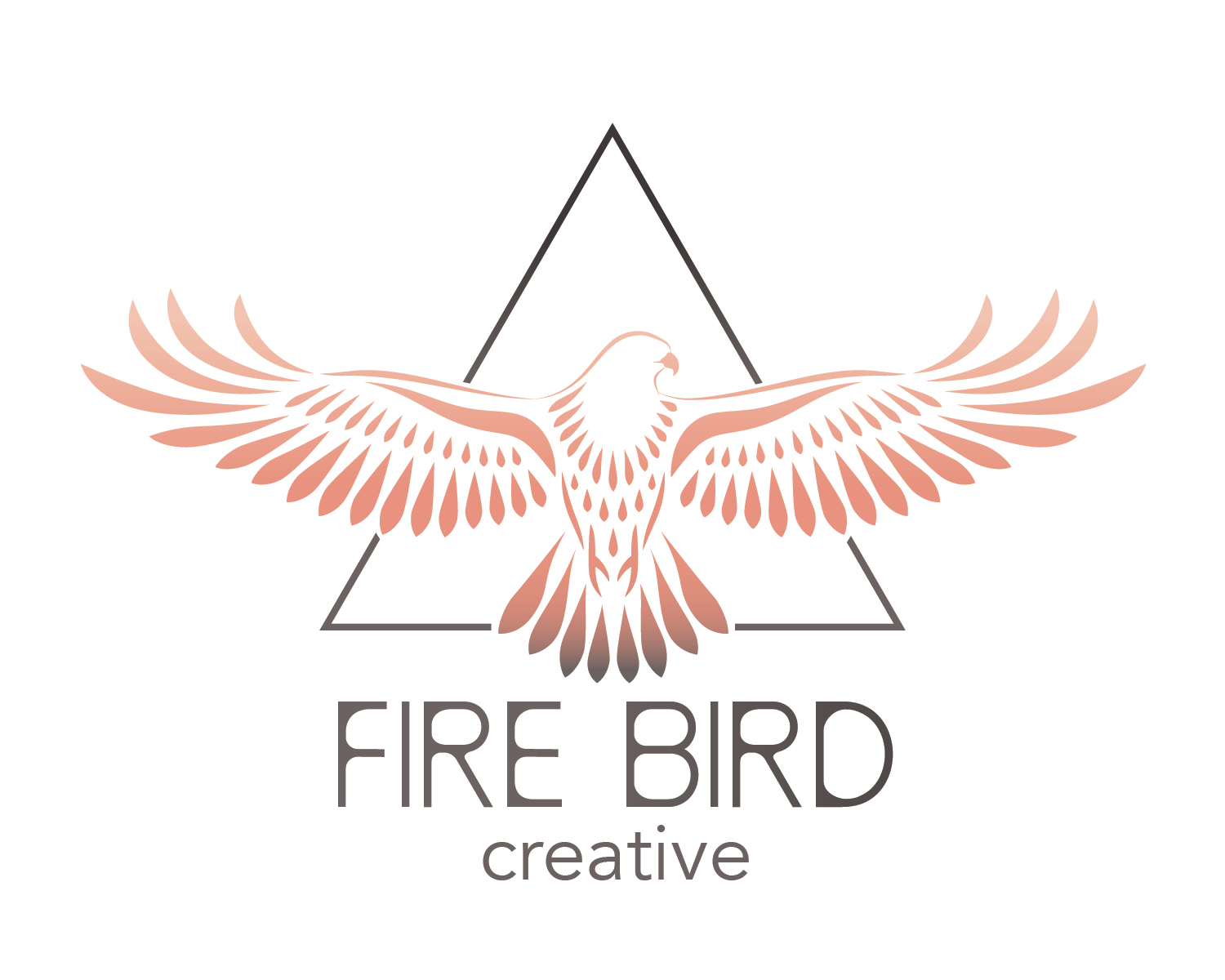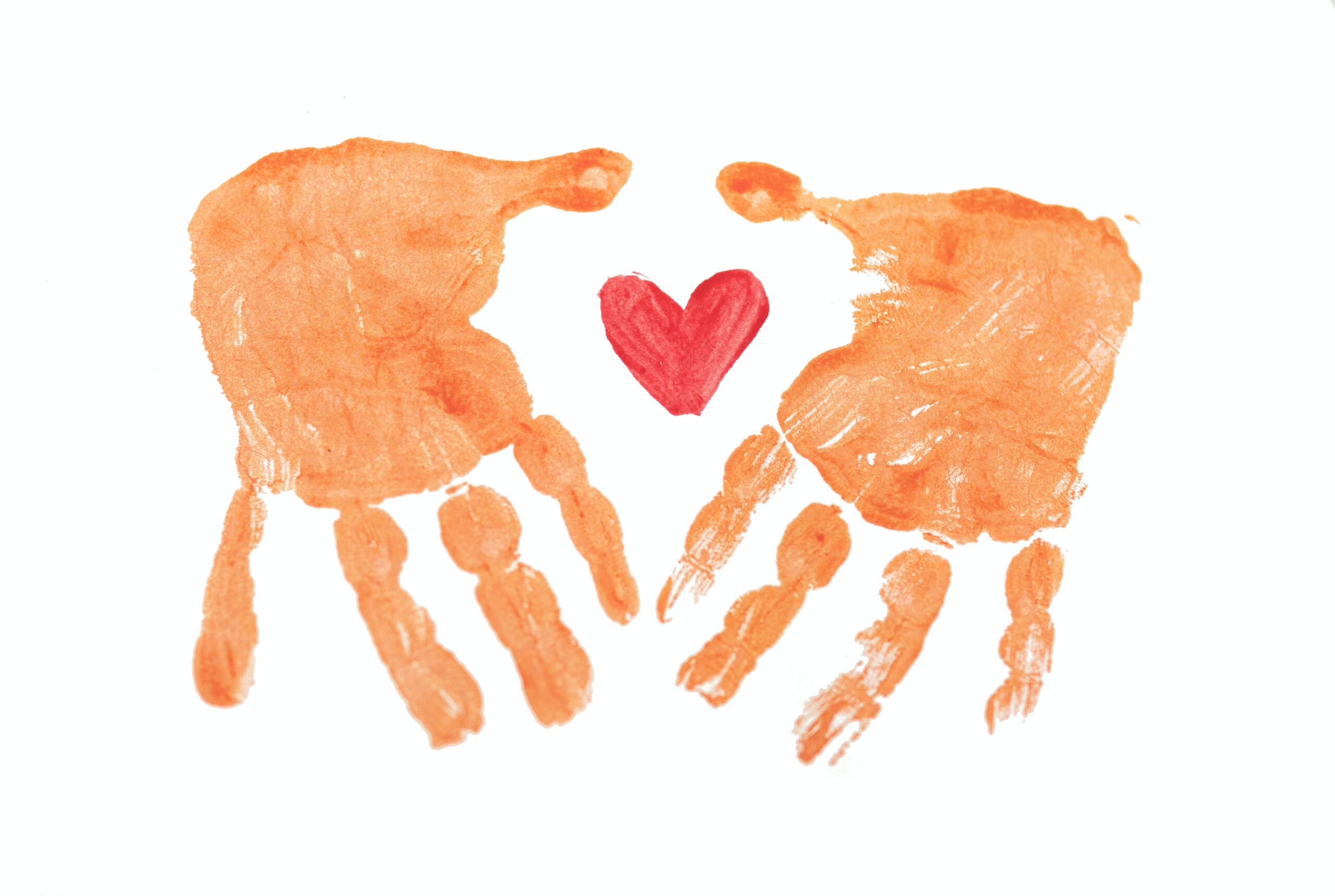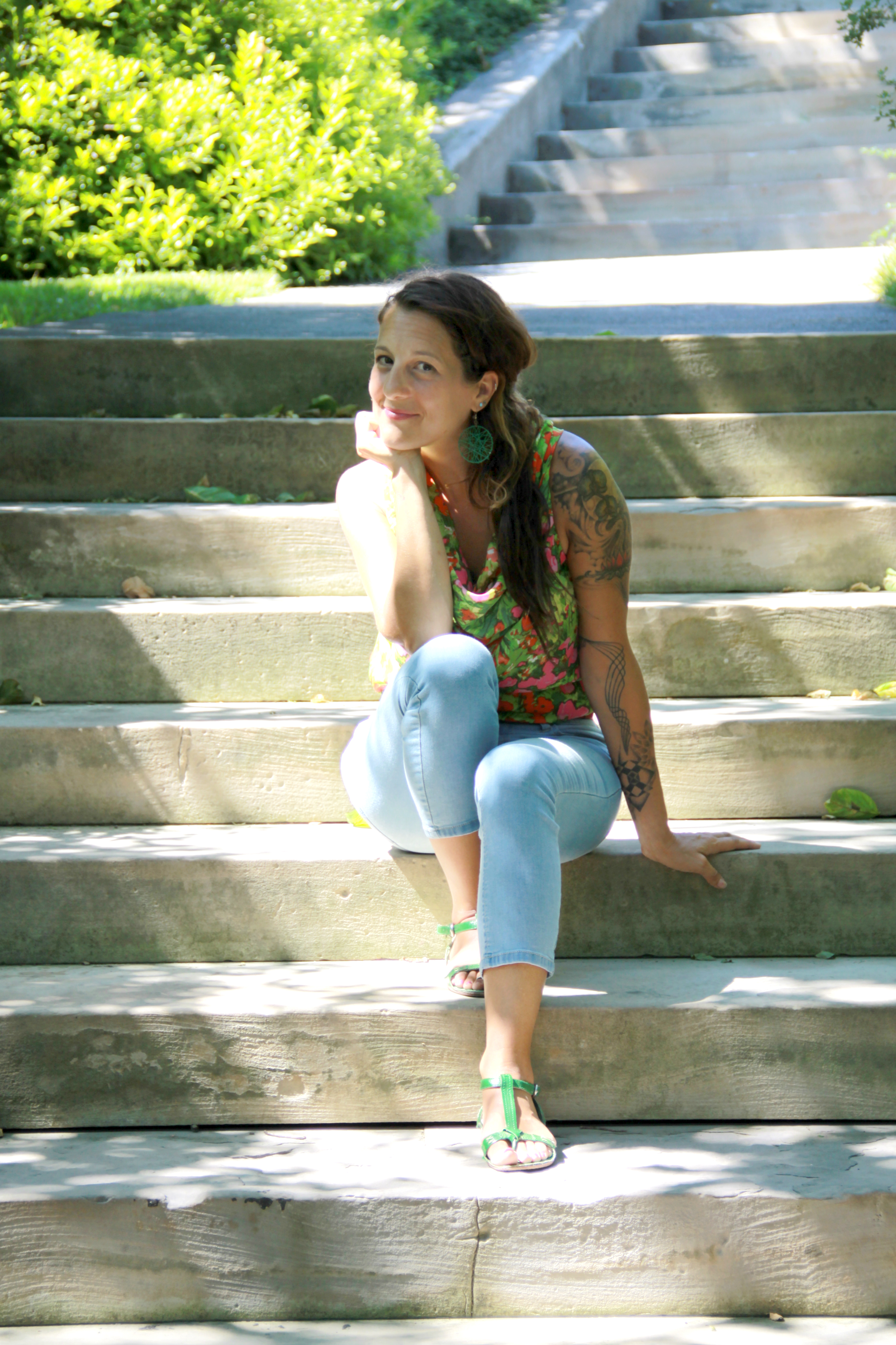I hated my counselor.
She was nice enough but I was convinced that she didn’t really care about me and that the only reason she pretended to was because she was getting paid.
I was twelve years old and had been forced into therapy.
I didn’t benefit from the experience.
Thankfully, I didn’t let that first experience deter me from seeking counseling as an adult. Over the years, I’ve gone several times and have had a number of different therapists (four in my adult life). One of whom actually caused more harm than good. Honestly, if I weren’t a counselor myself I’m not sure I would have sought counseling after that, but as I was learning new treatment modalities, I wanted to experience them for my own professional development. I’m really glad I did because I’ve had some amazing therapists since that terrible one.
As my emotional healing journey has progressed over the course of my life I’ve also accessed other types of healing besides mental health counseling, including acupuncture, massage, astrology reading, Akashic records, sensory deprivation, ecstatic dance and shamanic healing. Different practices have their place and it makes sense to utilize any resources that feel beneficial, even if they’re not “evidence-based” or overseen by a licensing board.
Now, as an adult and a counselor myself, I know that authentic relationships can form even when someone is being paid. I understand that the benefit reaped from counseling is the responsibility of the client not the counselor, and I recognize the importance of choosing care wisely, with intention.
It can be overwhelming and scary to seek professional support at a vulnerable time. Here are some tips that may help with the process:
Make goodness of fit your top priority
Choose your care based on what is best for your needs and personality. All too often the only question people ask when seeking therapy is, “do you take my insurance?” This should not be the only question you ask, nor should it be the first. While I get that it can be helpful in terms of cost, insurance isn’t the best way to find care. Most of the time, the answer to this question is easily found in the practitioner’s professional profile or on their website. Read that information and contact people who’s bios resonate with you personally. The relationship you develop with them will be vital for your success.
Do a little research
Don’t know what CBT, EMDR or IFS stand for? Google it. Also consider other, holistic therapeutic modalities and how they may benefit you. If you want to work on emotional healing but you don’t want to talk for an hour, you have options! Investigate what those are by using the internet, talking to friends, listening to podcasts or reading articles.
Schedule a consultation call and ask questions!
Most therapists and coaches (and maybe other practitioners too) offer free consultation calls. This is not only to try to sell you services but also to be sure you’re the right match for each other. Any skilled professional doesn’t want to work with someone who’s needs are beyond their area of expertise or to work with someone they’re not compatible with (for example, if you get offended by the F-word—you and I are not a good fit! I say as much in my consultations). Come to the consultation with questions you’d like answers to, such as “what can I expect from sessions with you?” “what type of training have you had?” As well as logistics such as cost, hours, and location. It’s also fair to ask a counselor if they’ve ever done counseling themselves! I consider it a red flag if they say no or are uncomfortable asking the question (if you’re afraid to be honest and vulnerable, how can you expect anyone to be that way with you?)
Remember a counselor/healer is a human being too
You may feel intimidated by the practitioner’s role but they’re human too. Most go into their line of work because they’ve struggled in some way themselves. There’s nothing for you to be embarrassed by. If you sense any condescension or you feel uncomfortable during the consultation, choose a different practitioner.
Once you’ve selected the type of care and the provider, let the first few sessions be a trial period. If you feel uncomfortable at all during those initial meetings, address it directly with the practitioner. Depending on how they respond, you can either work through it or terminate with them and find someone else.
Don’t let a bad experience deter you altogether!
I can’t adequately express how helpful skilled professional support has been for my own wellness. I learned the hard way the importance of choosing the right person for the job. I hope these tips help you do that too!
With Love & Compassion,
Adina Arden Cooper
I'm a lover, a guide and a supportive companion. An artist, an ally and an advocate. I help individuals connect more deeply with themselves and with others through shadow work. I believe that shared humanity is a powerful strength and that our stories connect us in beautiful and sacred ways. As I stumble, skip, or soar my way through this life, I invite you to join me on the journey. Likewise, I'm honored to travel with you. In witnessing one another, we find meaning.


